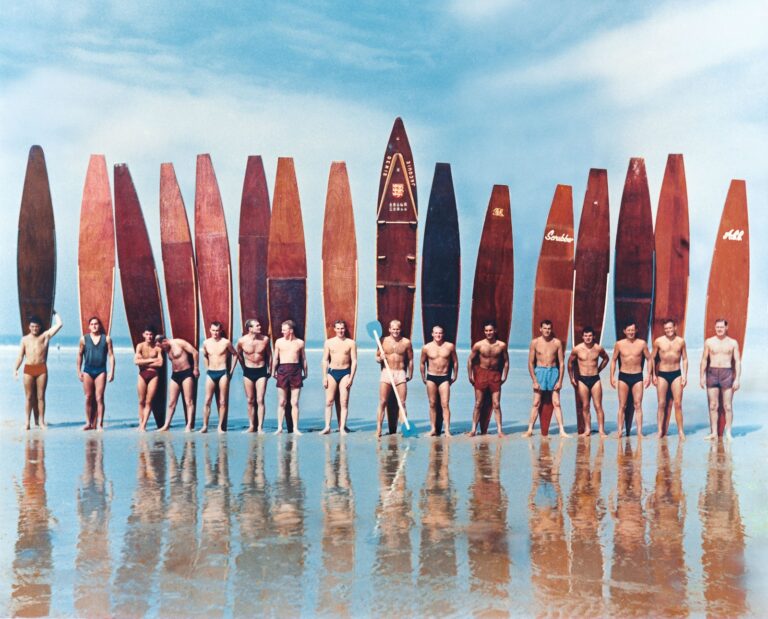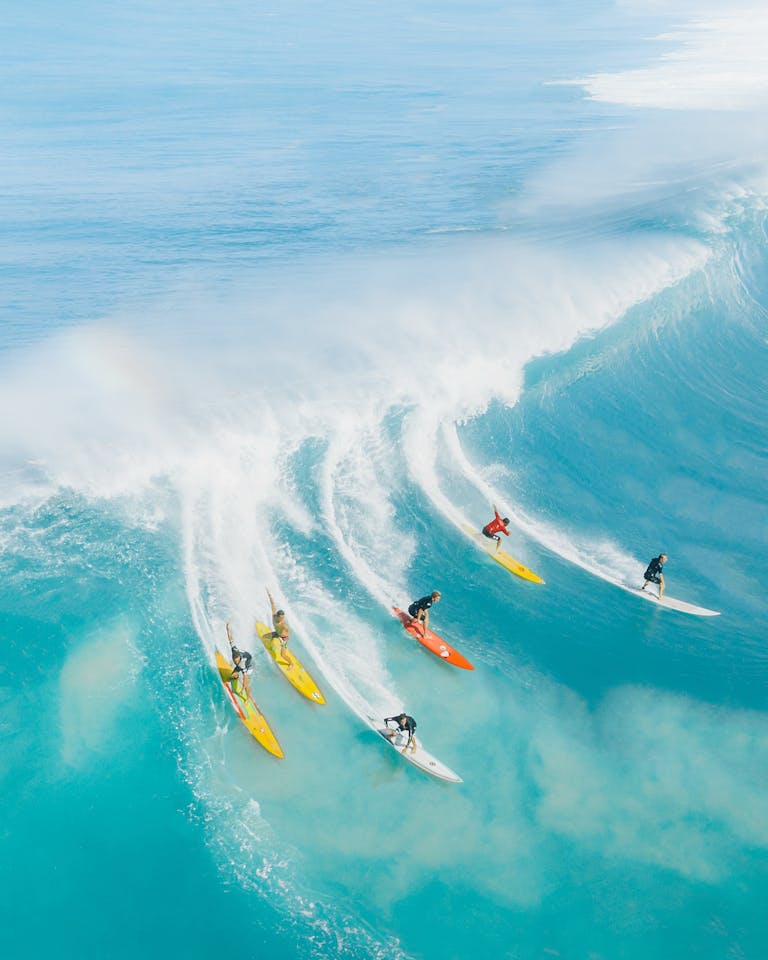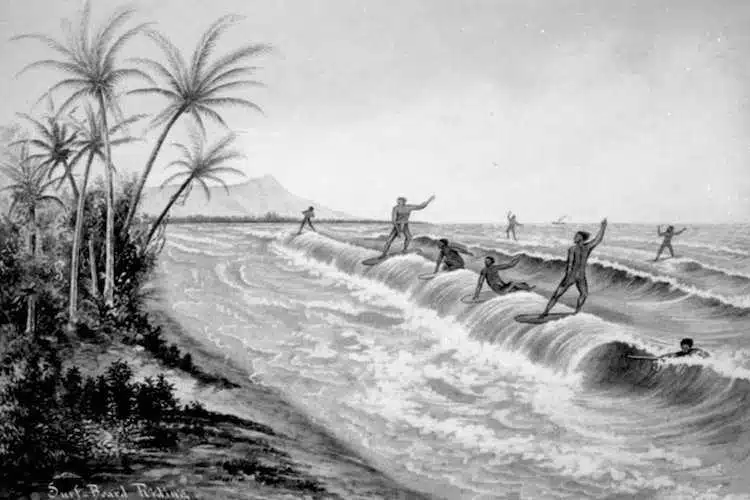Surfing: A Sensory and Cultural Experience
Much more than a sport, surfing is a universal language, a way of reading and listening to the ocean. It appeals as much for its physical demands as for the freedom it provides. In this article, we'd like to give you a better understanding of surfing. what makes surfing uniqueAnd why it attracts thousands of new fans every year, particularly on the Landes coast.
An ancient and universal practice
The origins of surfing go back several centuries to the Polynesian islands. In Hawaii, it was practised by kings as a sacred activity. Today, although it has been modernised, surfing remains a way of life. connecting with nature and yourself. From California to Australia, via the Landes, it has crossed cultures without ever losing its essence: living in the moment to the rhythm of the waves.
A demanding but accessible sport
What sets surfing apart from other disciplines is its direct relationship with the environment. Every wave is unique. Surfers must constantly adapt: observe, anticipate, feel. That makes it as much a mental sport as a physical one:
- Improving coordination, endurance and balance
- Strengthening patience, perseverance and concentration
- A feeling of freedom, of letting go, of self-confidence
What happens next?
This article lays the foundations. But surfing can never be fully explained in words - it has to be done. it is lived.
Over the coming weeks, we'll be exploring other aspects of the world of surfing together: choosing the right equipment, the ideal conditions, surfing culture and how a single wave can transform a day.
In the meantime, if you're already feeling the call of the ocean, the beaches of Biscarrosse are just waiting for you.


